By far the most alarming story that’s being taken in stride are the allegations that Tesla has been blaming known problematic parts failures on their customers, accusing Tesla buyers of having poor driving habits. That’s just one of the top stories that were basically ignored in 2023.
It’s impossible to read all the news that comes out of the automotive industry in the modern era, and inevitably some stories get top billing while others are relegated to the digital equivalent of page 10. With that in mind, here are five stories that you may have missed.
Rivian’s Bounce
Rivian hit some hard times over the last year, including a production slowdown that many thought could be the harbinger of the company’s demise as an independent automaker. Like Lordstown and other less-successful startups, market realities clashed with investor expectations.
However, Rivian seems to have managed the market very well this year, adjusting production to meet demand, and as the year has matured, the company was able to increase production on the back of increased sales. Full-year production guidance is also up as the company looks to sell 54,000 trucks and SUVs this year compared to 24,000 for calendar 2022. In the midst of all that, Rivian increased its per-unit profit margin by up to $2,000 this year.
According to The Motley Fool, “While Rivian remains a young company burning through cash, its net cash used in operating activities declined during the third quarter to $877 million, compared to the year-ago period’s $1.37 billion — and it has a $9.13 billion cash pile to fund its operations.”
Aptiv lays the groundwork for success
There are also reports some quiet progress from Aptiv, which bills itself as “a global technology company that designs, develops and manufactures software and hardware solutions to enable a safer, greener and more connected future of mobility.”
To put that into more concrete terms, Aptiv works in the autonomous and EV space, and with connectivity. Mostly, they work on engineering solutions for other companies. But through 2023, Aptiv clocked an 18% increase in gross revenues, totaling more than $15 billion.
Even though any explanation of what Aptiv actually does is complicated, it seems to be doing a lot of it and making a good buck on the leading edges of several promising technology fronts.
What happened to autonomous driving?
Even though Aptiv is generating a lot of revenue working on autonomous vehicles, the general
push toward autonomous cars faltered and the technology that seemed so promising is not generating much news — and the news it does generate isn’t good.
In the middle of the last decade, it was common for automakers to project they would be selling fully autonomous vehicles not later than, well, now. Obviously that hasn’t happened, and in fact, public opinion has gone from eager to skeptical to downright hostile towards our new robot overlords.
The news from autonomous this year was all about incidents like the August fracas in which tw
o robotaxis operated by Cruise stopped and allegedly blocked an ambulance. The patient in the ambulance died and Cruise endured protests at their HQ as a result. Some of the protestors were not happy with the real-world testing of developing tech, while others were there for the more prosaic reason that they are Uber drivers who resent the threat to their livelihood, meager though Uber wages are.
In an October news item, another Cruise robot car found itself in a controversy when a hit & run human driver knocked a pedestrian into the path of the Robotaxi. The Cruise vehicle obeyed its programming and stopped, but that trapped the victim under the car, and no one could figure out how to get the person out. After that incident, CEO Kyle Vogt resigned and Cruise cut its workforce by 25%, including nine executives.
For an industry that was supposed to be the Next Big Thing, autonomous has been pulling back and staying quiet.
Disk space issue forces Toyota to stop production at Japanese factories
It’s not just autonomous driving that’s having technology issues. Toyota was recently forced to halt production throughout all 14 of its home-market factories in Japan. It was just for a day, but any operations and production analyst can tell you that a day’s production can amount to billions in lost revenue.
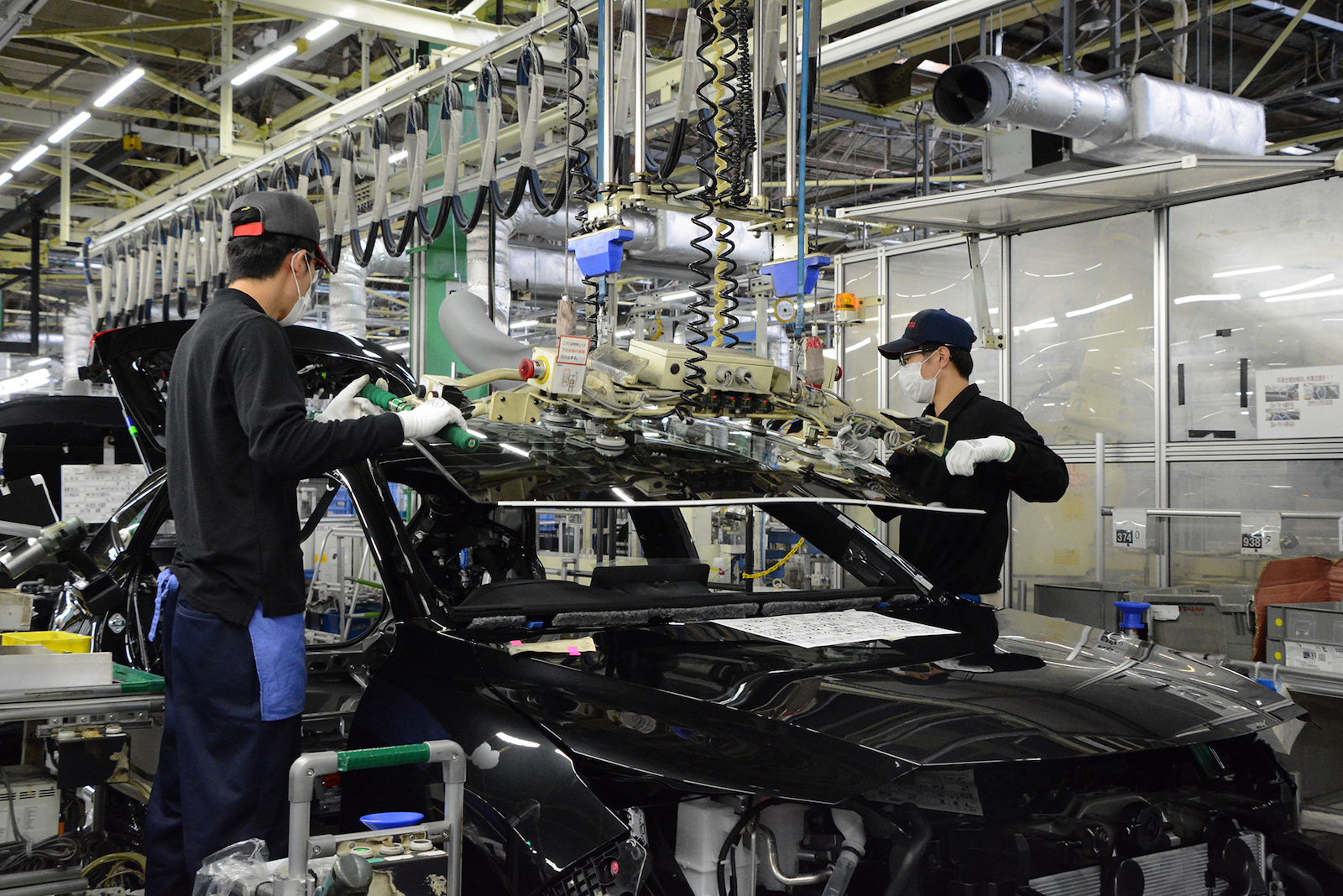
Toyota likely saw billions of revenue lost after a computer issued resulted in all 14 of its plants in Japan to shut down for a day.
This happened because Toyota did some maintenance on its database servers, and encountered a disk space problem. With the servers down, the company had to idle all of its production lines until a new server could be brought online. The point is that production systems as efficient and time-sensitive as Toyota’s can be brought down by even a comparatively minor computer glitch.
Tesla cheats owners on warranty repairs
By far the most alarming story that’s being taken in stride are the allegations that Tesla has been blaming known problematic parts failures on their customers, accusing Tesla buyers of having poor driving habits. Worse, the company has billed its customers for repairs stemming from known defective parts, and has tap danced around regulators on the issue.
Tesla has made a habit out of grandiose claims and a casual indifference to government regulations and consumer safety. Driven largely by the company’s controversial CEO Elon Musk, the attitude has been that conventional rules did not apply. Even when the company was forced to recall over 2 million vehicles, CEO Musk denied that it was really a recall. Further, a judge determined that Musk knew about failures in the company’s Autopilot driver assistance system and allowed the faulty system to continue in use even after fatalities began piling up.
Still, charging consumers for known-faulty part repairs should be a major controversy, and it should damage to Tesla’s ability to sell cars. However, the company has a history of defying the gravity of poor build quality and engineering defects that would pull any traditional automaker to the ground. So there’s a good chance the EV-buying public will continue to ignore unethical and illegal behavior, and this story will fade away like all the others.
That’s our roundup from 2023. Stay tuned in 2024 for more insider perspectives on the automotive industry at Headlight.News.

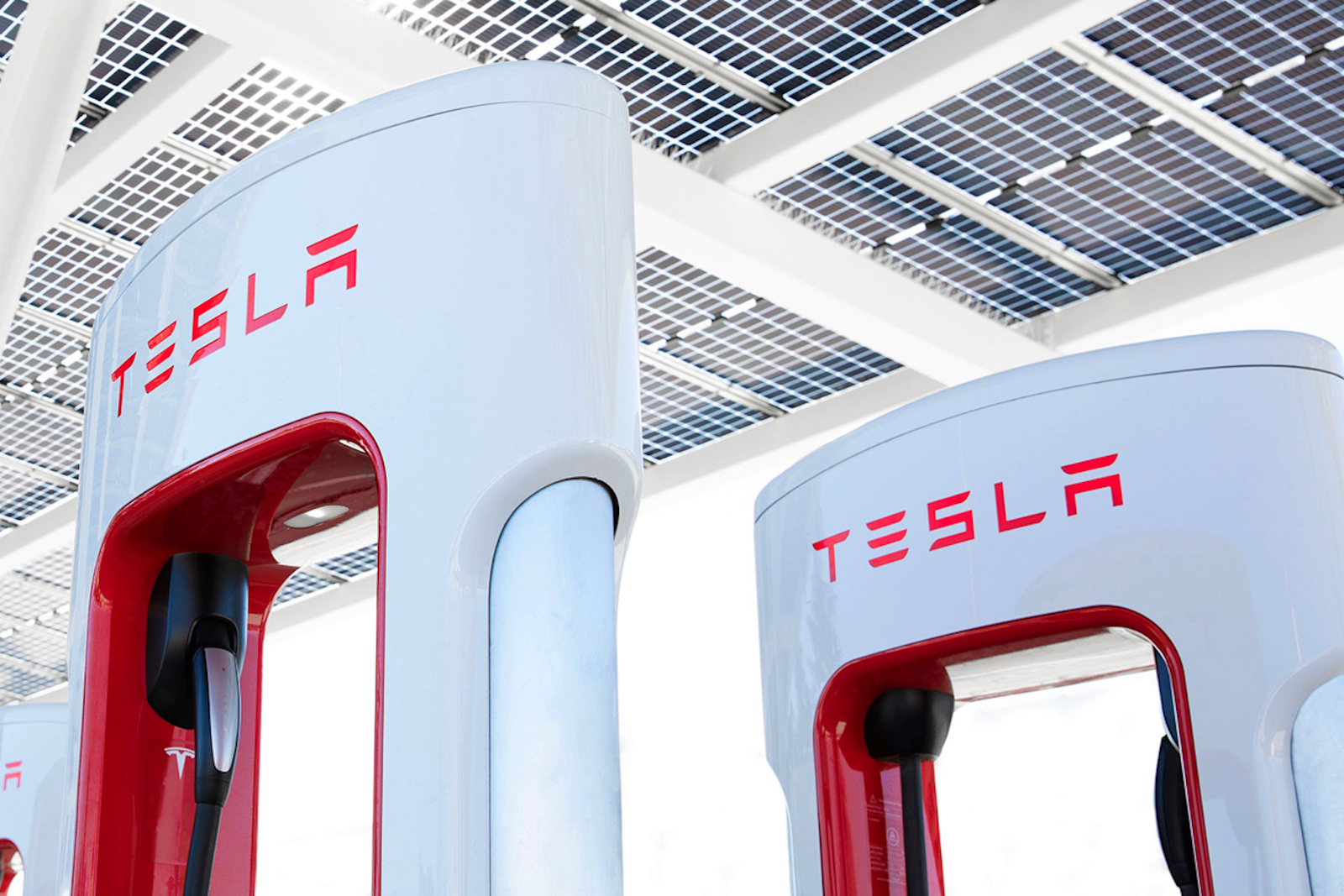
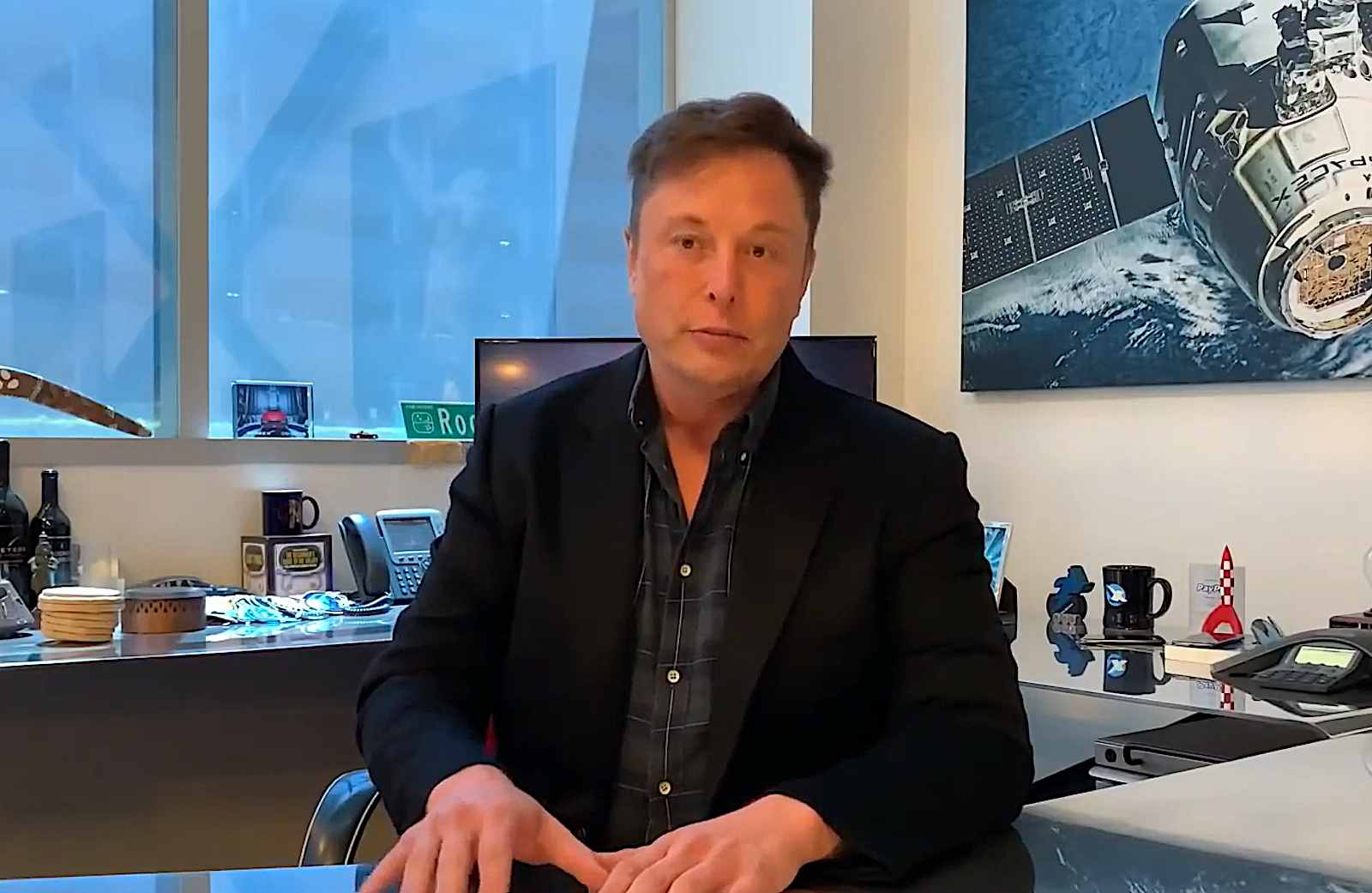
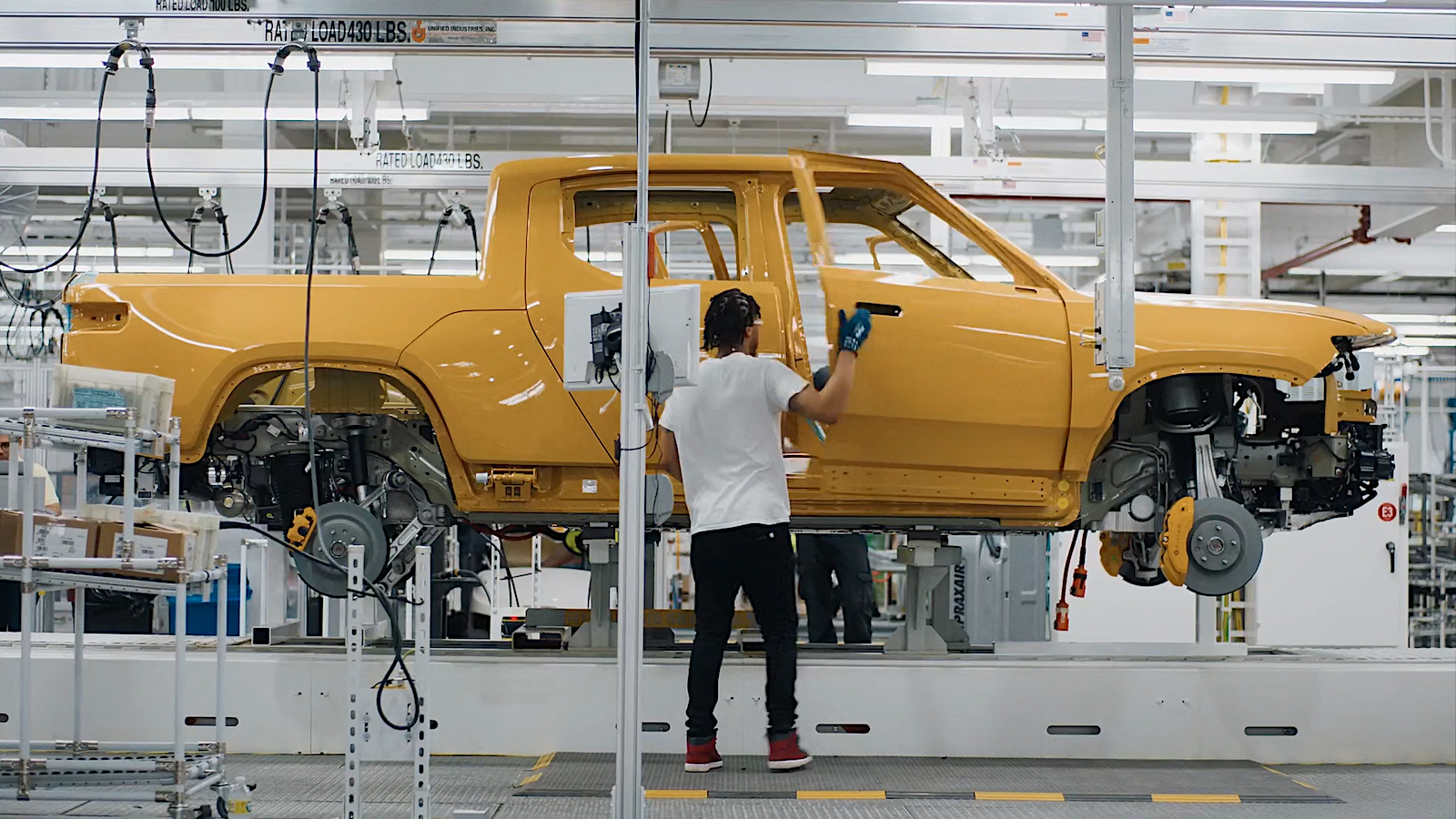
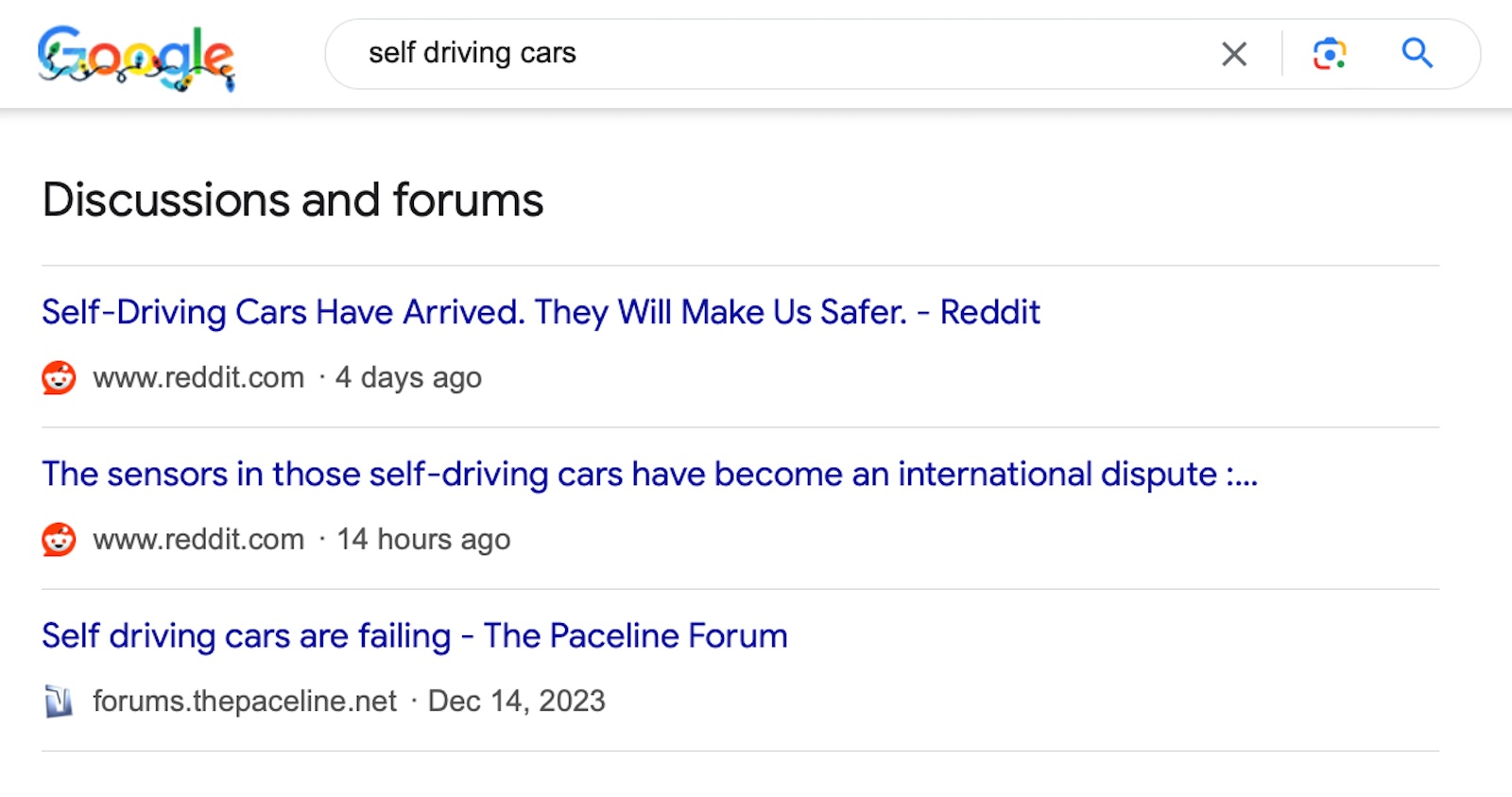
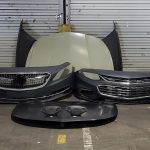

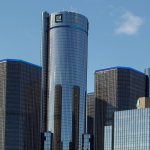

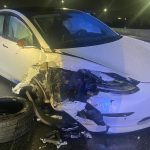
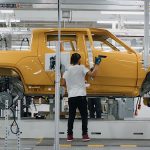
0 Comments